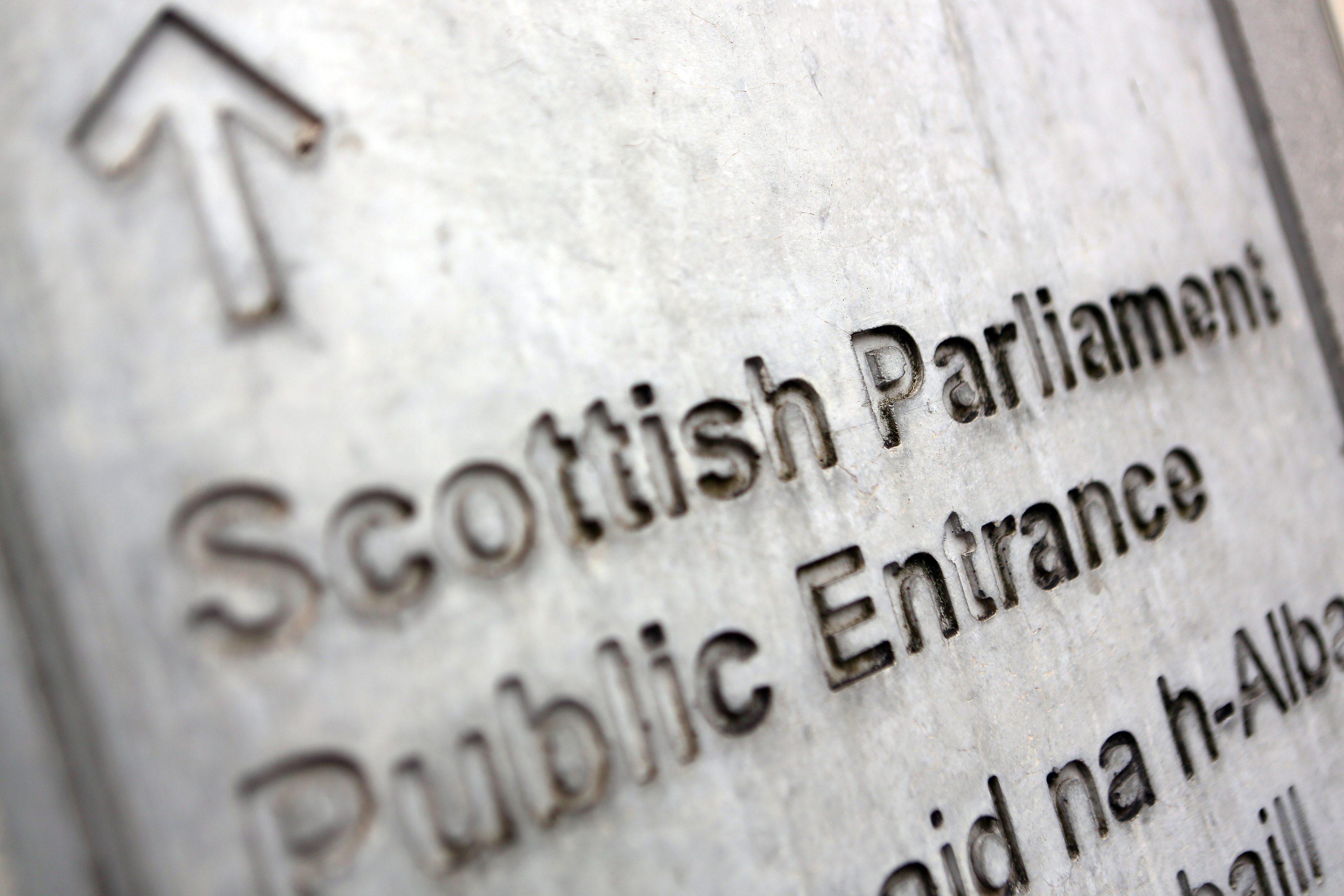Scots are unaware of the economic benefits of higher immigration, according to a Holyrood report.
Nicola Sturgeon wants more people from overseas to settle here to increase the working population.
But there are pockets of hostility to migrants and a lack of public awareness on why they are needed, says immigration expert Dr Paulina Trevena.
The Glasgow University academic said ministers must do more to address concerns or risk causing social problems.
And she warned that Scotland might not be ready to be a “country of immigration”.
Dr Trevena said: “Scotland is seen to have a generally welcoming attitude towards migrants yet this is not always the case, with racism and xenophobia being a particular issue in areas of high social deprivation.
“Moreover, while Scotland needs migration to grow its population and be able to sustain its economy, the general public is not aware of this argument.
“Furthermore, the established population has many concerns around immigration which are not being addressed and it does not necessarily support sustaining high levels of migration into Scotland.”
Dr Trevena praised the Scottish Government’s efforts in trying to instil positive attitudes towards migrants, but said “actions need to follow the political rhetoric”.
She said migrants often live “very separate lives” from the native population, bolstering arguments for a social integration strategy to encourage “mixing”.
Dr Trevena added: “All things considered, while attitudes towards migrants are currently less hostile in Scotland than elsewhere in the UK, this does not mean that there is broad support for Scotland to become a country of immigration.”
Negative attitudes towards migrants are “particularly strong among established populations living in areas of multiple deprivation, and especially among teenagers”, the report found.
The Scottish Parliament Information Service briefing is based on interviews conducted this year with 116 people from migrant and native populations, as well as those from academia, local government and business.
The independence blueprint from the SNP’s Growth Commission proposed a “Come to Scotland” package that includes highly-skilled migrants receive tax breaks.
A Panelbase poll for the Sunday Times found only 36% thought the commission’s plan for nearly 400,000 new immigrants would be good for the economy.
Just under a third (30%) thought it would be bad for the economy and 34% said it would be neither good nor bad.
Ms Sturgeon wants immigration powers to be devolved to Holyrood so Scotland can increase its working population to provide more money for public services.
In a speech in January, the SNP leader admitted that arguing for more immigration would be challenging, but warned of damaging population decline without it.
“That is why, as First Minister, I have a duty to make the case for free movement no matter how difficult that is sometimes perceived to be,” she said.










